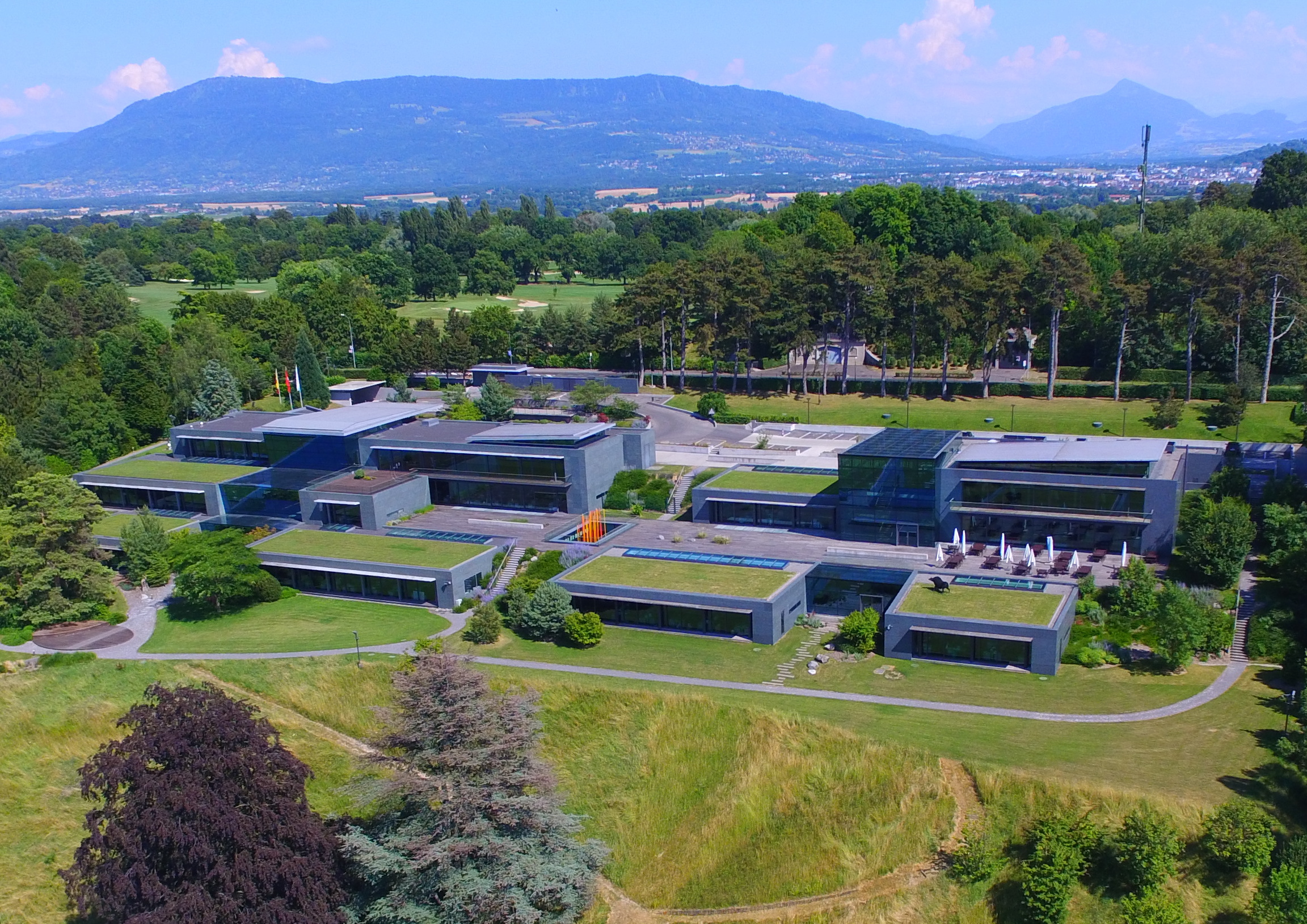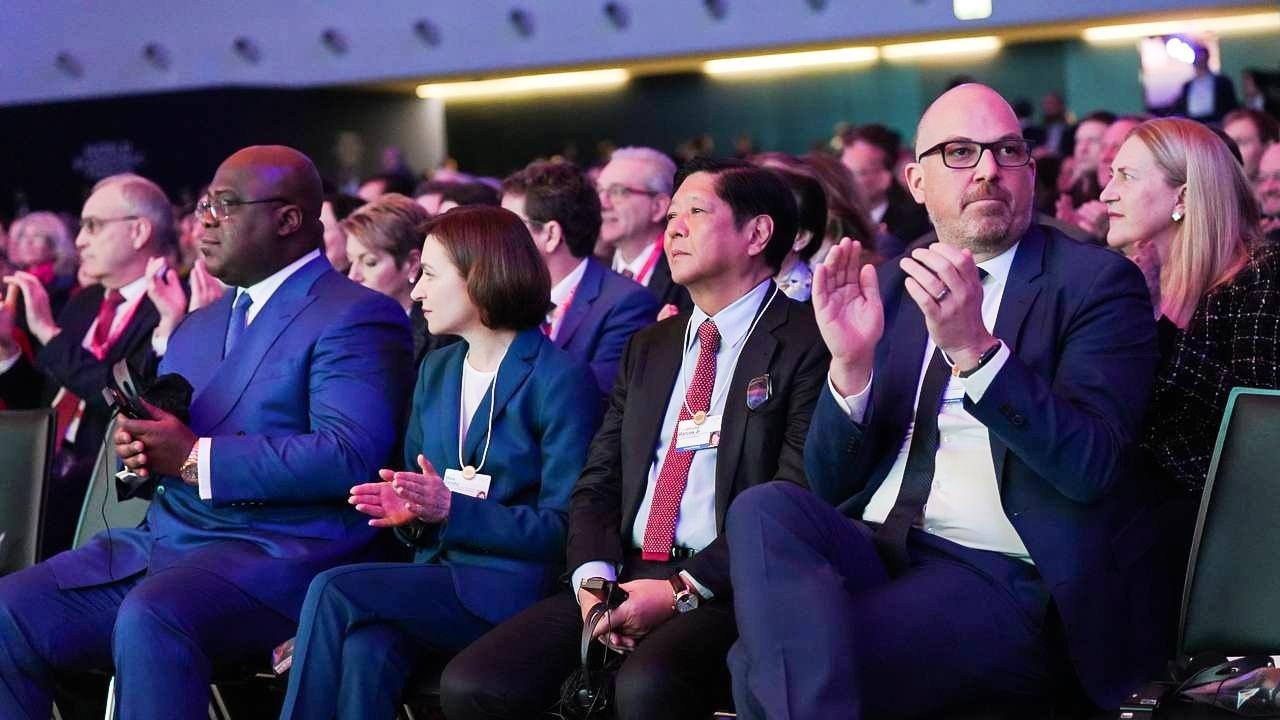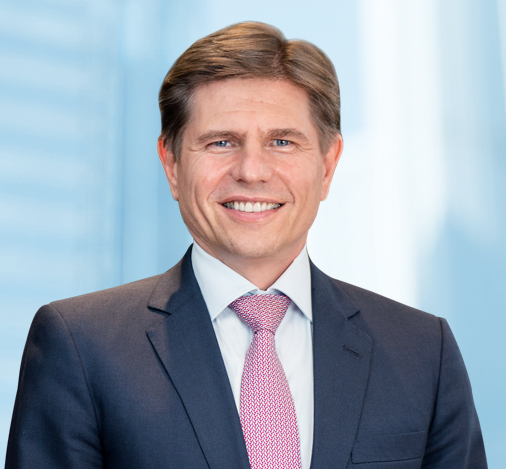- China’s self-reflective tone charms attendees
- US intelligence agents are seen targeting tech firms
- Hong Kong’s under-reported boom grabs attention
WESTERN INTELLIGENCE OFFICERS are mingling with movers and shakers at the World Economic Forum in Davos, Switzerland. The spies are targeting international technology firms.
“Executives at several tech companies said they were approached by American intelligence officials at the summit who were keen to understand their operations in China,” the UK Guardian reported today. “They want to know which side you are on,” said an unnamed tech boss.
It’s clear that the U.S. is pressing ahead with the drive to isolate China while publicly denying its existence.
At the same time, Christopher Wray, director of the FBI, booked a speaking slot at the conference to tell listeners that China’s artificial intelligence programme would be weaponised by the country, but without giving evidence. “The Chinese government has a bigger hacking programme than any other nation in the world,” he said, again without evidence.
CONTRAST IN TONE
But the interesting thing is that attendees could not fail to notice the difference in tone between the now familiar wall-building speeches of the United States and the European Union and the bridge-building messages of the Chinese.

Tuesday was particularly interesting in this regard. Hawkish E.U. chief Ursula Von Leyden took the stage to bluntly accuse China of the usual host of misdemeanours such as use of subsidies and obstruction of access to its domestic market.
But her speech was immediately followed by that of Chinese vice-premier Liu He, who was pointedly non-hostile. The difference was stark.
Liu said not one word attacking the United States or the European Union. Instead, he took a much more sophisticated position, focusing on what China itself can do and will do to be a better as part of the world community. Like a grown-up.
“We need to uphold an effective international economic order. We have to abandon the cold war mentality,” he said. He also talked of the importance of harmony and the need for “economic reglobalization” – a sharp contrast to the west’s urge to divide.
“China’s national reality dictates that opening up to the world is a must, not an expediency,” Liu said. “We must open up wider and make it work better.”
PRIVATE CONVERSATIONS
Many attendees, most of whom are big players in business, noted that private conversations afterwards focused on the difference between the mature position of the Chinese and the rivalrous negativity of the west. And, as business people, they were clearly interested in the opportunities implied by the opening of the Chinese markets.

This left western reporters struggling to paint the Chinese as the bad guys at Davos, although several made brave attempts to do so. The UK Daily Telegraph’s correspondent admitted that attendees were charmed by China’s open position, but added: “Whether it is authentic or tactical remains to be seen.” The reporter reminded his readers that: “The West still controls the machinery of global finance, technology transfer and maritime trade.”
Similarly, the Politico reporter admitted that: “The Chinese charm offensive drove a lot of private conversations in Davos amid the World Economic Forum gathering.”
But he then provided an interpretation by Craig Singleton from the Foundation for Defense of Democracies, a Washington think tank notorious for its ferocious hostility to the Chinese: “There are elements of Wall Street and certain constituencies in the U.S. government that are extremely receptive to talk about stability and predictability in the U.S.-China relationship after a very volatile two years,” Singleton was quoted as saying. “But it’s an illusion.”
For Politico, the hunger for conflict remains.
DIFFERENT TALE FROM BUSINESS
While western journalists struggle to paint in shades of black, the numbers are telling a different story—and so are people in the finance sector watching that data. Investment bank analysts say China’s fundamentals are looking strong. Credit Suisse chairman Axel Lehmann lifted the forecast growth for China “to about 4.5 per cent”.
There was interest in the appearance of Nicolas Aguzin, head of the Hong Kong Stock Exchange. Hong Kong’s share market has been in an under-reported bull market for two months, with the Hang Seng’s tech index up 60 per cent from its 2022 low point.
“The technology sector is moving full-steam ahead. We’re seeing the inflows come back through our China Connect and have 100 tech companies lining up to go public,” Aguzin said.

For seven of the past 13 years, Hong Kong has been the number one IPO center (place for international companies to launch themselves onto share markets) in the world, beating New York and London. Signs are that the city on the south coast of China will have another stellar year.
Aguzin said the people of China have accumulated US$2 trillion in excess savings and will have to do something with it. This number, as one can imagine, got lots of attention.
The world’s top three financial centers for stock market launches are now all in China, as Fridayeveryday reported recently. Shanghai’s Star Market is in first place, followed by Shenzhen’s ChiNext, and then comes the traditional world leader in IPOs, the Hong Kong stock exchange.
The New York Stock Exchange and Nasdaq both fell out of the top ten.
Image at the top shows Liu He (with grey hair) at an event in the White House, Washington D.C., by Keegan Barber/ White House Photographer

